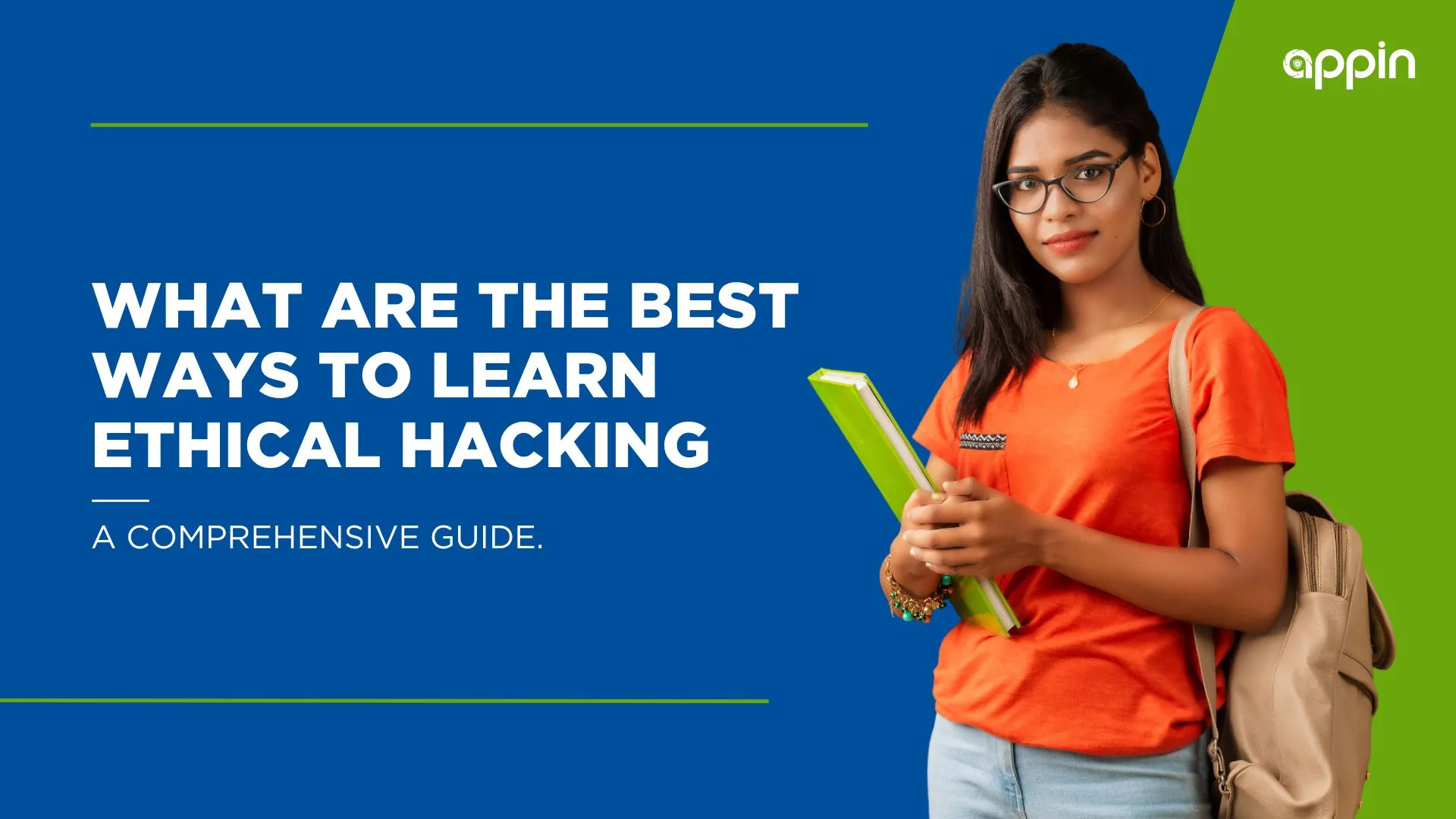As cyber threats continue to evolve, the need for skilled professionals who can combat these threats is on the rise. Ethical hackers, also known as white-hat hackers, play a crucial role in safeguarding systems and networks from malicious attacks.
If you’re interested in learning ethical hacking but don’t know where to start, you’ve come to the right place. In this comprehensive guide, we’ll explore the best ways to learn ethical hacking, from online courses and certifications to practical hands-on experience and community engagement.
Understanding Ethical Hacking
Before diving into the learning process, it’s essential to grasp the fundamentals of ethical hacking. Ethical hacking, also known as penetration testing or white hat hacking, involves identifying and exploiting vulnerabilities in computer systems, networks, and applications to uncover security weaknesses. Unlike malicious hackers (black hats), ethical hackers use their expertise to strengthen cybersecurity defences and protect against cyber threats.
Getting Started: Essential Skills and Knowledge
To embark on your ethical hacking journey, it’s crucial to build a solid foundation of knowledge and skills. Here are some essential areas to focus on:
- Networking Fundamentals: Understand the basics of networking protocols, such as TCP/IP, DNS, and HTTP. Familiarize yourself with network architecture, devices, and communication protocols.
- Operating Systems: Gain proficiency in operating systems like Windows, Linux, and macOS. Learn how to navigate the command line interface, perform system administration tasks, and troubleshoot issues.
- Programming Languages: Develop programming skills in languages commonly used in cybersecurity, such as Python, JavaScript, or PowerShell. Learn how to write scripts for automation, tool development, and exploit creation.
- Cybersecurity Concepts: Acquire knowledge of cybersecurity principles, including cryptography, authentication, access control, and threat modelling. Understand common attack techniques and defence mechanisms.
Best Ways to Learn Ethical Hacking:
Ethical Hacking Training Institutes:
Enrolling in a training institute that specializes in ethical hacking and cybersecurity can provide structured learning and personalized guidance from experienced instructors. Training institutes offer classroom-based training, hands-on labs, and practical exercises to help students develop the necessary skills and knowledge to excel in ethical hacking. Look for reputable coaching institutes with a track record of success and positive reviews from past students.
Online Courses:
One of the most popular and effective ways to learn ethical hacking is through online courses. There are numerous online platforms and educational websites that offer comprehensive courses and tutorials on ethical hacking, ranging from beginner to advanced levels. Look for courses that cover essential topics such as penetration testing methodologies, network security, cryptography, and vulnerability assessment. Some reputable online platforms for ethical hacking courses include Udemy, Coursera, and Cybrary.
Capture the Flag (CTF) Challenges:
Participating in Capture the Flag (CTF) challenges is a fun and engaging way to practice and hone your ethical hacking skills. CTF challenges simulate real-world hacking scenarios where participants are tasked with solving a series of puzzles, challenges, and objectives to uncover flags or hidden information. CTF challenges cover a wide range of topics, including web application security, cryptography, reverse engineering, and forensics. There are numerous online platforms and competitions where you can participate in CTF challenges, such as Hack The Box, TryHackMe, and OverTheWire.
Practical Hands-On Experience:
Hands-on experience is essential for mastering ethical hacking skills. Set up a virtual lab environment using virtualization software such as VirtualBox or VMware and practice conducting security assessments, penetration tests, and vulnerability scans in a safe and controlled environment. Experiment with different hacking tools and techniques, and learn from your successes and failures. Practical experience allows you to develop critical thinking skills, problem-solving abilities, and a deeper understanding of cybersecurity concepts.
Reading Books and Whitepapers:
Books and whitepapers are valuable resources for learning ethical hacking theory, concepts, and best practices. There are many excellent books written by renowned cybersecurity experts that cover various aspects of ethical hacking, including hacking methodologies, attack techniques, defence strategies, and case studies. Some recommended books for aspiring ethical hackers include “The Hacker Playbook” by Peter Kim, “Penetration Testing: A Hands-On Introduction to Hacking” by Georgia Weidman, and “Web Application Hacker’s Handbook” by Dafydd Stuttard and Marcus Pinto.
Certifications and Professional Development
Earning industry-recognized certifications is a crucial step in validating your skills and expertise as an ethical hacker. Consider pursuing certifications such as:
- Certified Ethical Hacker (CEH) by EC-Council
- Offensive Security Certified Professional (OSCP) by Offensive Security
- CompTIA Security+ by CompTIA
- Certified Information Systems Security Professional (CISSP) by (ISC)²
These certifications demonstrate your proficiency in ethical hacking techniques, tools, and methodologies, and enhance your credibility in the cybersecurity industry.
Conclusion:
Learning ethical hacking is a rewarding and valuable skill that can open up numerous career opportunities in the cybersecurity industry. Whether you’re a beginner or an experienced professional, there are plenty of resources and learning methods available to help you master ethical hacking techniques and become a proficient ethical hacker.
By leveraging online courses, certifications, practical experience, books, CTF challenges, and online communities, you can develop the skills and knowledge needed to excel in the field of ethical hacking and make a positive impact in the cybersecurity landscape.
if you want to learn ethical hacking, you can join Appin Technology Lab. We offer easy-to-understand training for both beginners and experts. With our ethical hacking training course, you can become an ethical hacker and make the internet safer for everyone.


